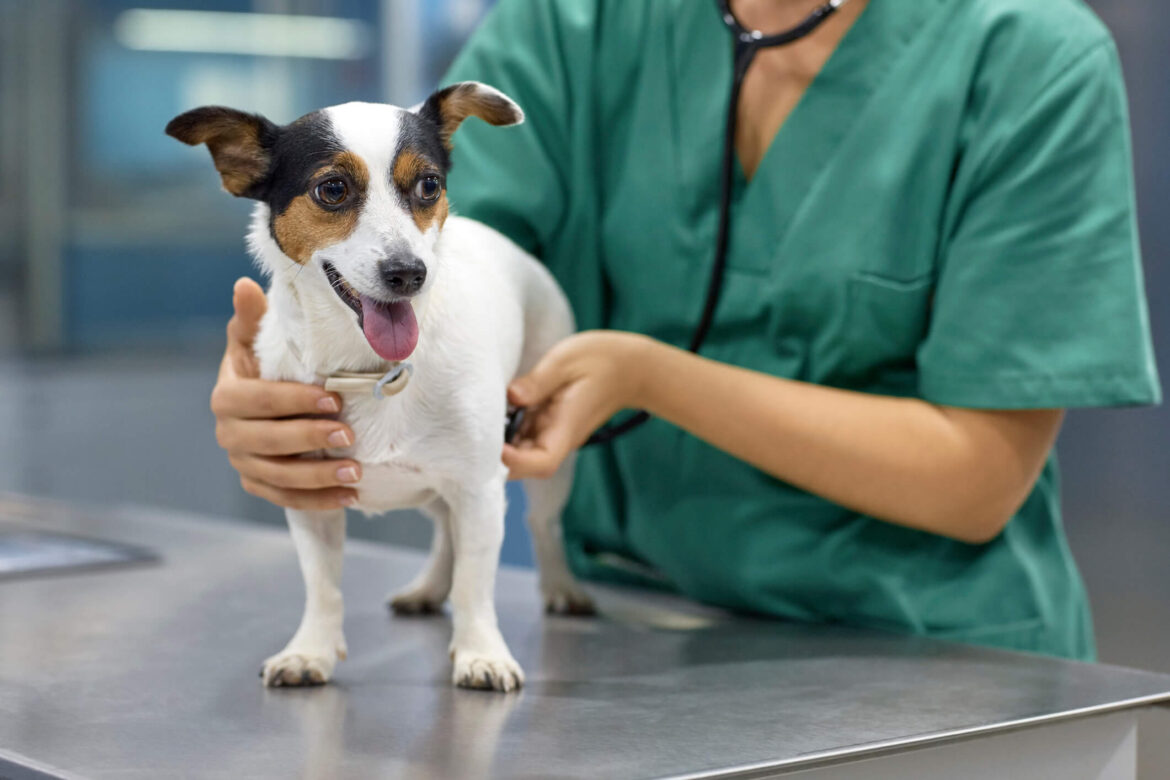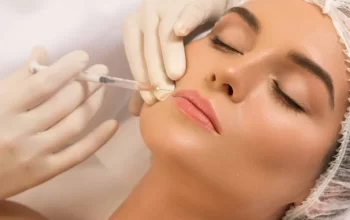Veterinary medical negligence is a term that refers to when a veterinarian makes a mistake. Veterinary medical negligence is similar to medical malpractice, with the exception that the victims are animals. This negligence occurs if a veterinarian causes harm or death to an animal due to carelessness or neglect. The possibility of lawsuits is always present, given the large number of animal veterinary encounters that occur every day, and the fact is that not all of these relationships work out. The low amount of damages granted for animal injuries is one element that has kept the number of lawsuits at a limited in the past.
The financial impact of this litigation is significant. Medical negligence is a legal standard of liability that only applies to professionals. Veterinarians are now considered one of the groups that must adhere to this standard of care. Because a state license is essential, the definition of a veterinarian is self-evident. What if a farmer down the road provides you advice that turns out to be incorrect after 30 years of growing hogs or horses? The farmer cannot be held to a standard of malpractice since he is not a veterinarian. Anyone, including the farmer down the street, is subject to the limitations of a tort law notion like negligence.
Negligence in veterinary practice can occur when:
- The veterinary surgeon (vet) has a duty of care, which is the amount of knowledge and judgment that a typical or qualified vet/RVN must have. A vet/RVN is required to provide an acceptable degree of care and ability in the veterinary field. All consumers and patients would be under a duty of care.
- Breach of the duty: The failure to meet the standards expected of a professional vet/RVN. Many components and criteria that fall short must be analyzed to determine the claimed breach.
For example:
- The profession’s standards at the time.
- There may be more than one accepted approach to clinical management.
- The vet’s/level RVN’s of expertise.
- The vet/RVN is not required to have the most recent journal article on the topic, and the practice doesn’t need to have the most up-to-date equipment, and a loss or harm occurred as a consequence of the violation of duty, and it was possible to avoid the loss.
The result of surgery or treatment is not always predictable, and diagnosis is dependent on a probabilistic assessment. As a result, a poor outcome may not be due to the veterinary surgeon’s medical negligence. Furthermore, some procedures are inherently dangerous, and some are riskier than others.
Medical Negligence does not just refer to what has been done (or not done); it can also refer to the advice given (or a failure to advise).
Claim for Veterinary Medical Negligence
Financial loss, as well as bodily injury, may be sufficient grounds for a medical negligence claim. Clients and veterinarians may be able to reach an agreement to settle negligent claims. If this is not the case, the claim goes to civil court, where the judge will consider the possible facts on the balance of probabilities. Civil courts will decide medical claims, which will award compensation or damages. If you attempt to believe your companion animal has been hurt or killed due to veterinary negligence, you have several options. You should hire an attorney for legal advice. If you suspect you may have a civil claim against a veterinarian or a registered nurse. The test for negligence, i.e., falling short of the expected standard, differs from the test for significant professional misconduct, i.e., affecting fitness to practice, when the standard to be applied is higher, and the treatment falls well short of the required standards.
Pursuing Legal Action Against a Doctor of Veterinary Medicine
State licensing boards have the authority to suspend or revoke a veterinarian’s license, but this is uncommon. You could even charge a lawsuit against the veterinarian. Small claims court has the advantages of not requiring a lawyer (in fact, in certain states, bringing a lawyer to small claims court is illegal), and cases proceed considerably more swiftly than in other courts. The amount of money you can receive in small claims court, on the other hand, will be less than in Other courts.
Recovery rates of a veterinary medical negligence claim
Veterinary medical negligence claims have historically had low recovery rates, but this is starting to change. Companion animals are considered personal property under existing law. Compensation in certain courts is limited to the expense of replacing the companion animal with a new one. Some judges are starting to recognize that a companion animal is unique and cannot be substituted. These courts are beginning to approve more claims based on an animal’s intrinsic value rather than just its economic value. A qualified lawyer will provide the best advice on whether or not to file a lawsuit against a veterinarian.




